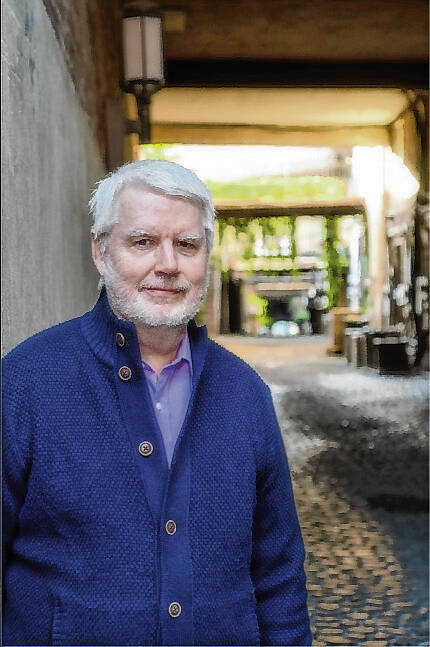In the writing workshops that I offer, I begin by sharing with participants what we all have in common. We are all caretakers of stories that will never be known unless we tell them. This is true whether we are talking about non-fiction, fiction, poetry, plays or song.
To be caretaker of anything or anyone suggests a responsibility. To be a caretaker of a story is to accept that we carry within us truths that need to be expressed. But to be a caretaker of a story also suggests that we have been given a gift. The stories that we have within us has been given to us, and we, by sharing those stories with others, pass the gift along.
In one of the workshops that I offered this summer, a participant confessed openly that the thought of being exposed as a fraud had nearly kept her from attending. She didn’t know that almost everyone who thinks about writing has to contend with the inner voice that whispers, “Who do you think you are? You’re not a writer. No one will want to read what you write.” Even published writers can hear that voice whenever they start a new writing project or when they get stuck.
But this hesitant participant from my summer workshop then added, “I may not be a good writer yet, but I realize that I’m the caretaker of my family’s story. My grandchildren and their children won’t know these stories unless I write them down.”
That was a golden moment for all of us in the workshop. She had felt intimidated even before the workshop started, and that feeling of unworthiness had increased when she heard that others in the workshop had written for years. But she could begin to see herself as a writer not because she was good or experienced at writing, but because she had stories that only she could tell.
Certainly, one of the mysteries of human life is that each of us is living out a story that has never been lived before. Each of us is a once-in-the-life-of-the-universe story. And within us, there is an added mystery. All of us carry within us stories that only we can tell. Some of these are stories of actual people and events. Some of these are stories of our imaginations.
In the beginning was the word. That truth is found in more than one religion. And it’s also true to say that the word—stories—have been with us as human beings from our beginnings. Long before our ancient ancestors developed writing, they told stories as they sat around the fire at night. And isn’t it significant that the first lessons we tell young children are not philosophical or scientific treatises but stories?
Of course, even if we accept that we are all caretakers of stories, that doesn’t mean that we are all meant to be writers. Artists use paint and canvas to tell their stories. Musicians use instruments and their voices. Dancers use their bodies. Film makers use actors and scenery. There are perhaps thousands of ways that we humans can express the stories within us.
A frequent commercial on TV asks the question, “What’s in your wallet?” A better question is “What’s the story that only you have within you?”
David Carlson of Franklin is a professor emeritus of philosophy and religion. Send comments to [email protected].




